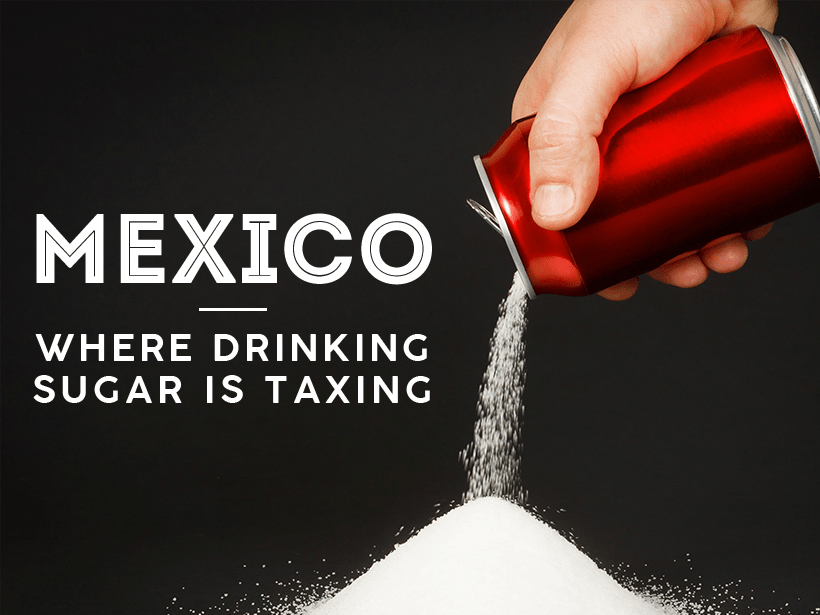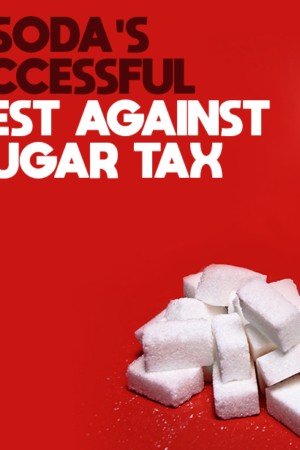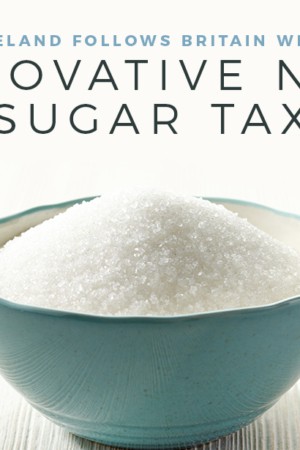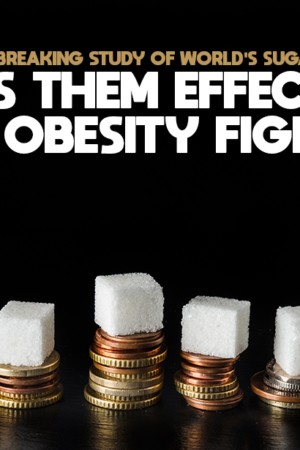Soda and junk food taxes have been introduced around the world in recent years, often tentatively. Like taxes on tobacco, these measures are designed to combat a perceived threat to public health – in this case, the general overconsumption of sugar that has led to skyrocketing rates of obesity in the last couple decades. In most places where they exist, these taxes are very new and their critics, often members of the sugar industry, very outspoken. In Mexico, however, the soda tax has been around for four years now, long enough for some studies to have been done on its efficiency. Their conclusions? It’s working.
Sweet and Cheap
In Mexico, nearly three-fourths of the adult population are overweight or obese.1 In 2012, Mexicans ranked first in the world in per capita consumption of soda, drinking an astounding 176 liters per person per year.2 That’s about half a liter a day, for everyone. It should come as no surprise, then, that a 2010 study at Tufts University found that Mexico had the world’s highest rate of deaths directly related to sugar-sweetened beverages. It also found that soda was the cause of nearly half of the deaths in Mexico from cardiovascular disease, diabetes, and cancer.3
Some experts blame the North American Free Trade Agreement for the general change in Mexican diet over the last couple decades, which, in 1994, was the climax of a general trend towards looser tariffs and foreign investment. The spread of cheap, low-nutrient, ultra-processed foods in Mexico is seen as perhaps the most significant immediate result for the Mexican public. Indeed, in 1980, only seven percent of Mexicans were categorized as obese. That number has since tripled.4 Soda is perhaps only the most ubiquitous of these products, high in calories and added sugars, that have invaded the Mexican diet.
Emerging Benefits of a Modest Tax
In the face of these nightmarish statistics, Mexico finally passed a soda tax that took effect at the start of 2014. The tax was criticized on both sides: by soda companies for its lack foundation in science, and by experts who said it was too moderate. Data from last year surprised everyone, however, when it showed that sales declined 5.5 percent in the first year and 9.7 percent in the second. According to Dr. Barry Popkin at the University of North Carolina, who authored a study based on the tax, this data suggests that sugary drink consumption may follow a pattern similar to that of other addictive products such as alcohol and tobacco.5 A similar study in the British Journal of Medicine suggested that such rates of decline, if prolonged, could result in about 190,000 fewer cases of type two diabetes, the number one cause of death in Mexico.6 It will be some time yet before the long-term effects of the tax can be properly identified, but these burgeoning results are a powerful first step against soda giants and other sugar industry titans.
NUTRITIONAL DISCLAIMER
The content on this website should not be taken as medical advice and you should ALWAYS consult with your doctor before starting any diet or exercise program. We provide nutritional data for our recipes as a courtesy to our readers. We use Total Keto Diet app software to calculate the nutrition and we remove fiber and sugar alcohols, like erythritol, from the total carbohydrate count to get to the net carb count, as they do not affect your blood glucose levels. You should independently calculate nutritional information on your own and not rely on our data. The website or content herein is not intended to cure, prevent, diagnose or treat any disease. This website shall not be liable for adverse reactions or any other outcome resulting from the use of recipes or recommendations on the Website or actions you take as a result. Any action you take is strictly at your own risk.
- For Keto, the Everyday Research Says it All - March 6, 2019
- Huge Harvard Study Backs Up the Wide-Ranging Benefits of a Low-Carb Diet - February 25, 2019
- Experts Convene for Keto Conference - July 30, 2018




